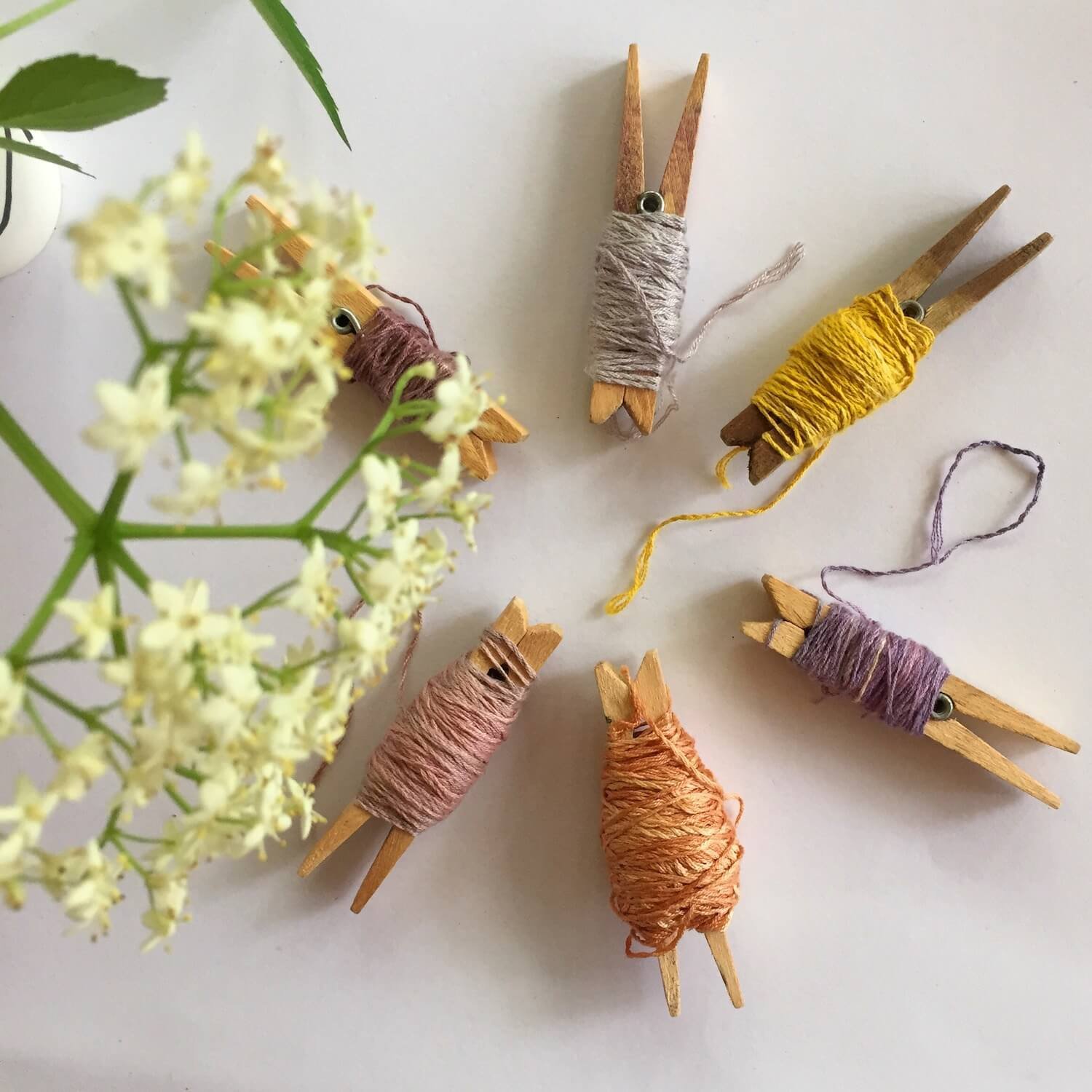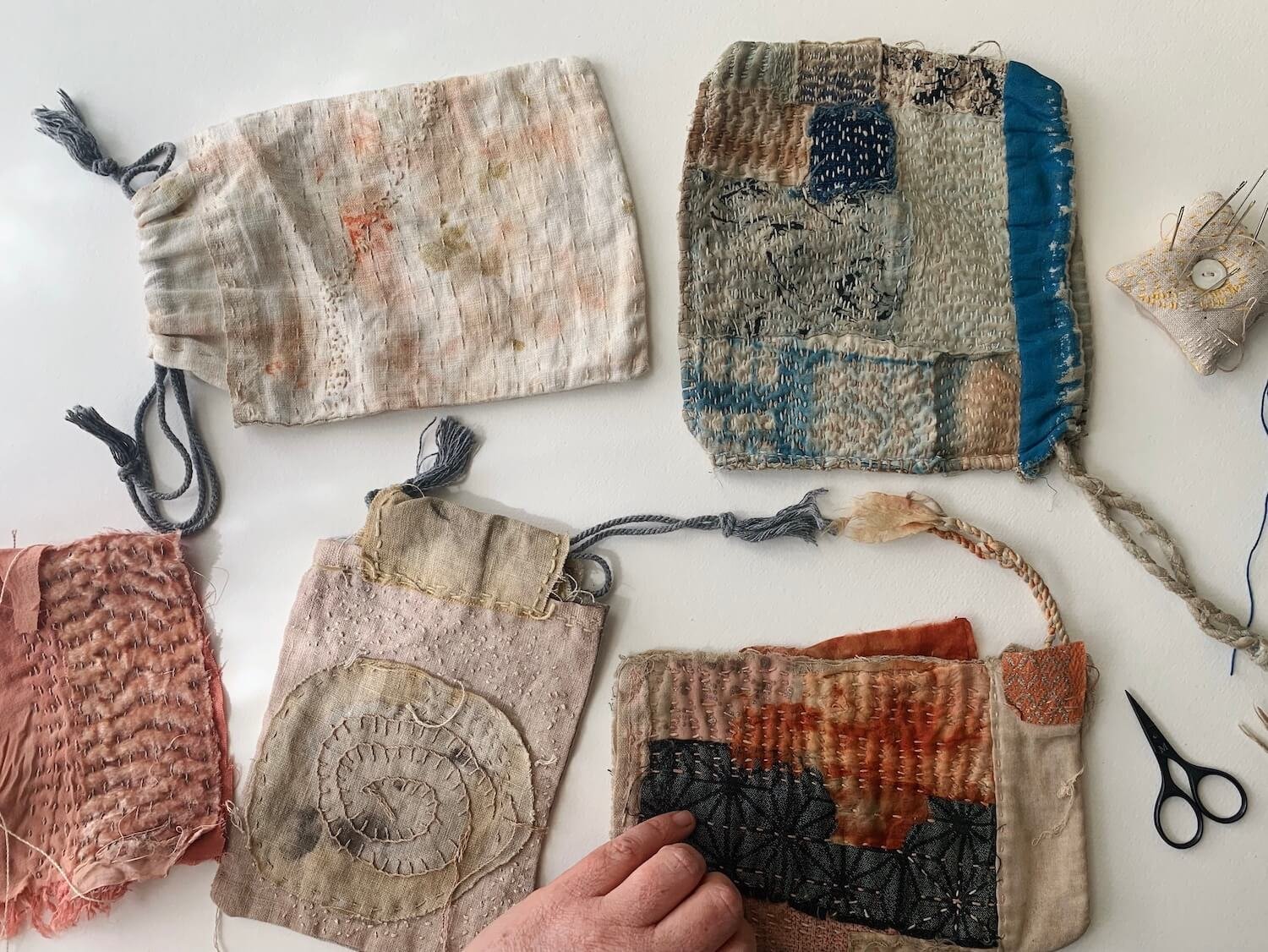
Free tutorials, resources & toolbox
Tutorials & projects for makers. Resources that I use in my creative business. And more…
free tutorials
Slow stitch online course
What thread to use for Slow Stitching
Make a drawstring pouch
How to tie a quilter’s knot
sewing tools & supplies
NEEDLES & THREADS
Sashiko needles
Golden eye embroidery needles
Sashiko thread
Silk thread
Crochet cotton
Read my blog posts here.
SCISSORS & OTHER TOOLS
Hand forged embroidery scissors
Thimbles
TEA, CAKE & DELICIOUS THINGS
My favourite tea is genmaicha with matcha - we get it from our local health food shop in bulk
I love drinking from a hand made cup - visit your local market to find something special
Some of the yummiest cake recipes are in Julia Ostro’s cookbooks
resources I use in my business
WEBSITE
SquareSpace for my website & sites that I build for clients
Big Cartel for when you want a simple shop presence
ONLINE COURSES
Teachable
Podia
SquareSpace Member Spaces
DESIGN
SquareStylist
Canva
Adobe XD
CONNECTION & COMMUNITY
Zoom
Circle.so
CLIENT COMMUNICATION
Notion
Asana
Loom
PHOTOGRAPHY & EDITING
VSCO for Iphone editing
I love my CAMERA
FLAT-LAYS - VIDEOS & PHOTOS
A $20 light-ring from the supermarket is perfect for my zoom calls
This table-mounted stand for filming & photographing is easy to use & low-cost.
*some of these are affiliate links, which means I earn a small commission at no extra cost to you.
Did you know I offer an affiliate program with my online courses? Send me an email if you’re interested in joining.
faqs
How do I access the course?
This is an online course with immediate and life-time access. You can watch the videos as many times as you like, including any upgrades and extra content that I add over time.
The course is housed on my special online course site. Upon purchase you’ll receive links to create your own account.
What will I learn?
I’ll take you from the first scary start of what fabric to use, gathering or saving your dye supplies, through to various techniques of dyeing including eco-printing, Shibori, indigo vat, and dyeing with local plants as well as powders.
What materials will I need?
I aim to use what I have, without needing to buy lots of extra supplies, but you will need some special ‘stuff’ to work with natural dyes.
fabric, yarn, paper - all natural materials (synthetics don’t take natural dye so well)
alum or soya milk (as the ‘mordant’)
some rusty things or iron solution
access to heat - can be your kitchen stove, a gas burner in the garden, or a fire place
an old saucepan or two
gloves, tongs, strainer, muslin cloth, buckets
dye stuffs - I’ll talk more about what in the course, but there are so many different things you can dye with from your kitchen or landscape
Can I do natural dyeing at home, in my kitchen?
In theory yes. As such most of the things you’ll use are ‘safe’, but as with anything people can have reactions. I suggest you dye in a space that has good airflow (the windows can open), and is child proof.
Collect your own tools and utensils that are used only for natural dyeing; such as a saucepan, spoon, etc that you don’t use for cooking.
I do my dyeing in my kitchen and garden, and don’t have a dedicated dye studio.
Is this for beginners?
This is mostly for beginners, with step-by-step process of how to start if you’ve never worked with natural dyes before.
The beauty of natural dyeing and any form of Shibori or resist-pattern making, or indeed using an indigo vat is that the more you do it, the better you get at it. I have found natural dye to be a continual learning curve - and my biggest instructor is the dyeing process itself.
Hi, I’m Ellie
I’m a textile artist & maker, a creativity coach, web-designer & mentor, a writer, photographer & soul-sharer.
I love making, playing, exploring and experimenting with lots of different mediums. Natural dye is a great way that colours my love of gardening, meandering through nature, picking leaves and petals, playing with fabric, yarn and paper. And making a lot of sweet colourful mess. Having all these colours fabrics means I have lots to stitch with.







